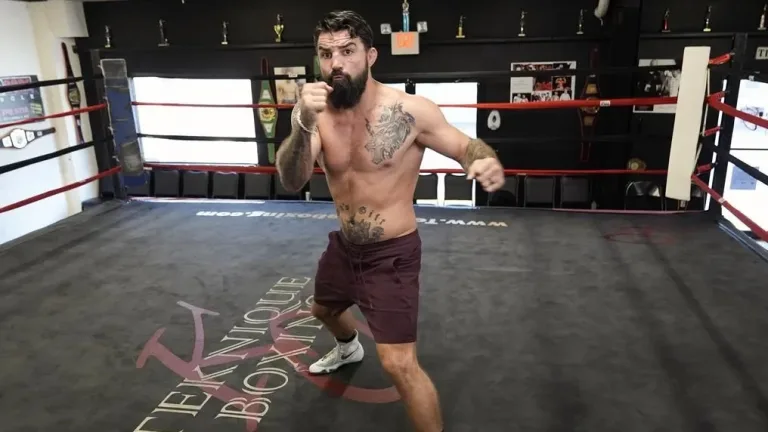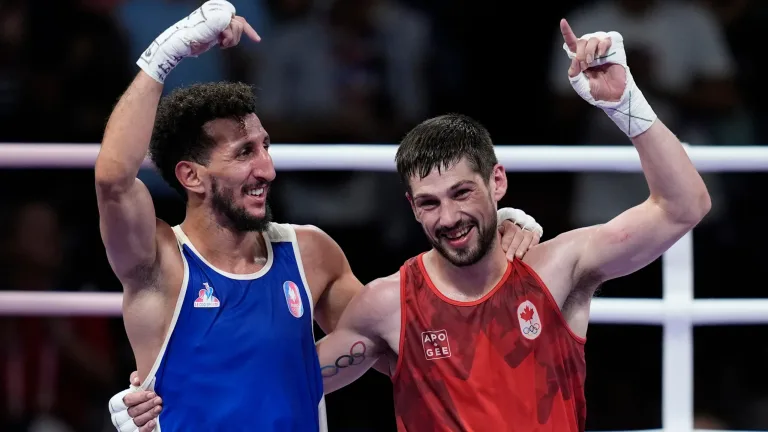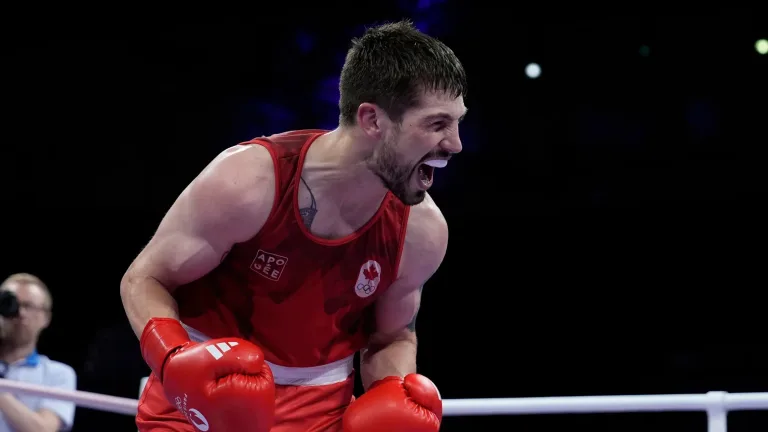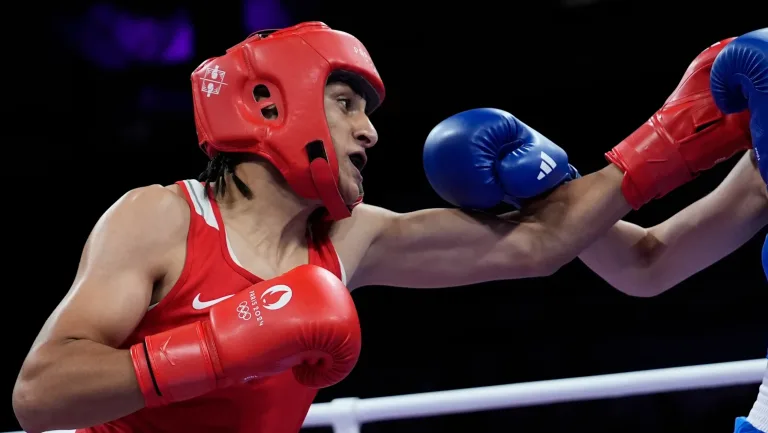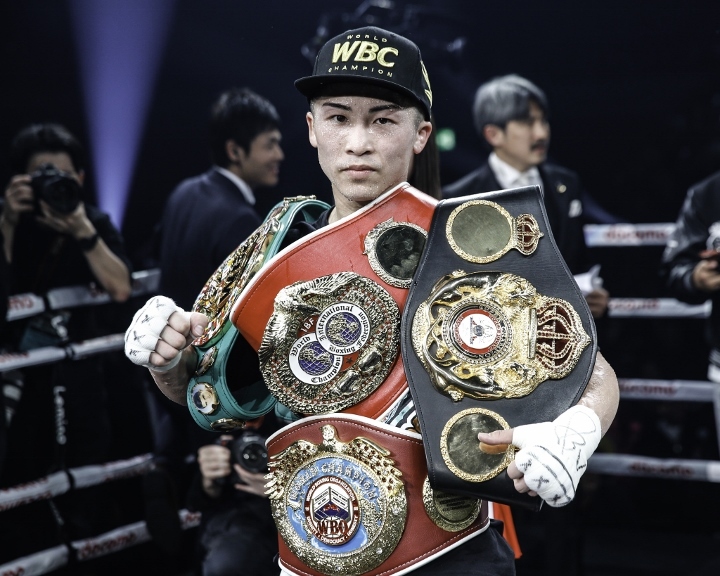
Boxing Boom in Japan: Naoya Inoue and the Rising Talent Pipeline
Japan is experiencing a remarkable boxing renaissance, led by the exceptional talent of Naoya Inoue, who is widely regarded as one of the finest fighters on the planet. The country is currently home to an impressive 14 world champions across various weight classes, showcasing the depth and breadth of Japanese boxing prowess.
Inoue’s recent triumph over Mexican Luis Nery in a thrilling bout at the Tokyo Dome, where he climbed off the canvas to secure the victory, is just one example of the country’s boxing dominance. On the same night, Ryosuke Nishida claimed the IBF bantamweight title in just his ninth professional fight, while Yoshiki Takei, an 8-0 former kickboxer, dethroned Australian Jason Moloney to capture the WBO bantamweight belt.
The lower weight divisions are particularly flush with Japanese talent, with fighters such as Yudai Shigeoka, Siyakholwa Kuse, Goki Kobayashi, and Yuni Takada making their mark at minimumweight. At junior flyweight, names like Shochiki Iwata, Kyosuke Takami, Masamichi Yabuki, Yuga Ozaki, and Toshiki Kawamitsu are making waves. The flyweight category is also home to impressive Japanese talents, including Hiroto Kyoguchi, Taku Kuwahara, Jukiya Iimura, Kento Hatanaka, and Riku Kano.
In fact, 10 of the 12 titles from junior bantamweight to super bantamweight are currently held by Japanese boxers, showcasing the country’s dominance in the lighter weight classes. Fighters like Suzumi Takayama, Tetsuro Ohashi, Kenta Nakagawa, and Takahiro Tai are all vying for spots in the junior bantamweight rankings, while the bantamweight division is packed with rising stars such as Tenshin Nasukawa, Seiya Tsutsumi, Keita Kurihara, Sho Ishida, and Riku Masuda.
“This boxing boom in Japan can be attributed to several factors, including the enhancement of the youth system, the advent of the streaming era, and the efforts of influential promoters like Mr. Honda of Teiken USA.”
The close relationship between the amateur and professional boxing associations, as well as the university system, have also played a crucial role in cultivating and developing the country’s boxing talent. Experts like Daisuke Sugiura and Joe Koizumi have highlighted the importance of the Junior Champion League (JCL) tournament, which has produced many of Japan’s current world champions, including Naoya Inoue, Takuma Inoue, Kosei Tanaka, Junto Nakatani, and Ginjiro Shigeoka.
The Japanese boxing culture, with its emphasis on discipline, technique, and preservation of fighters, has also contributed to the country’s success. Smaller fighters tend to thrive in the lighter weight classes, and the team-oriented approach, where experienced fighters mentor the younger generation, has proven beneficial.
While boxing may not be as mainstream as sports like baseball and soccer in Japan, the impact of Naoya Inoue and the country’s rising talent cannot be overstated. With the continued development of its boxing ecosystem and the emergence of new stars, the future of the sport in Japan appears exceptionally bright.
🔗 Source
